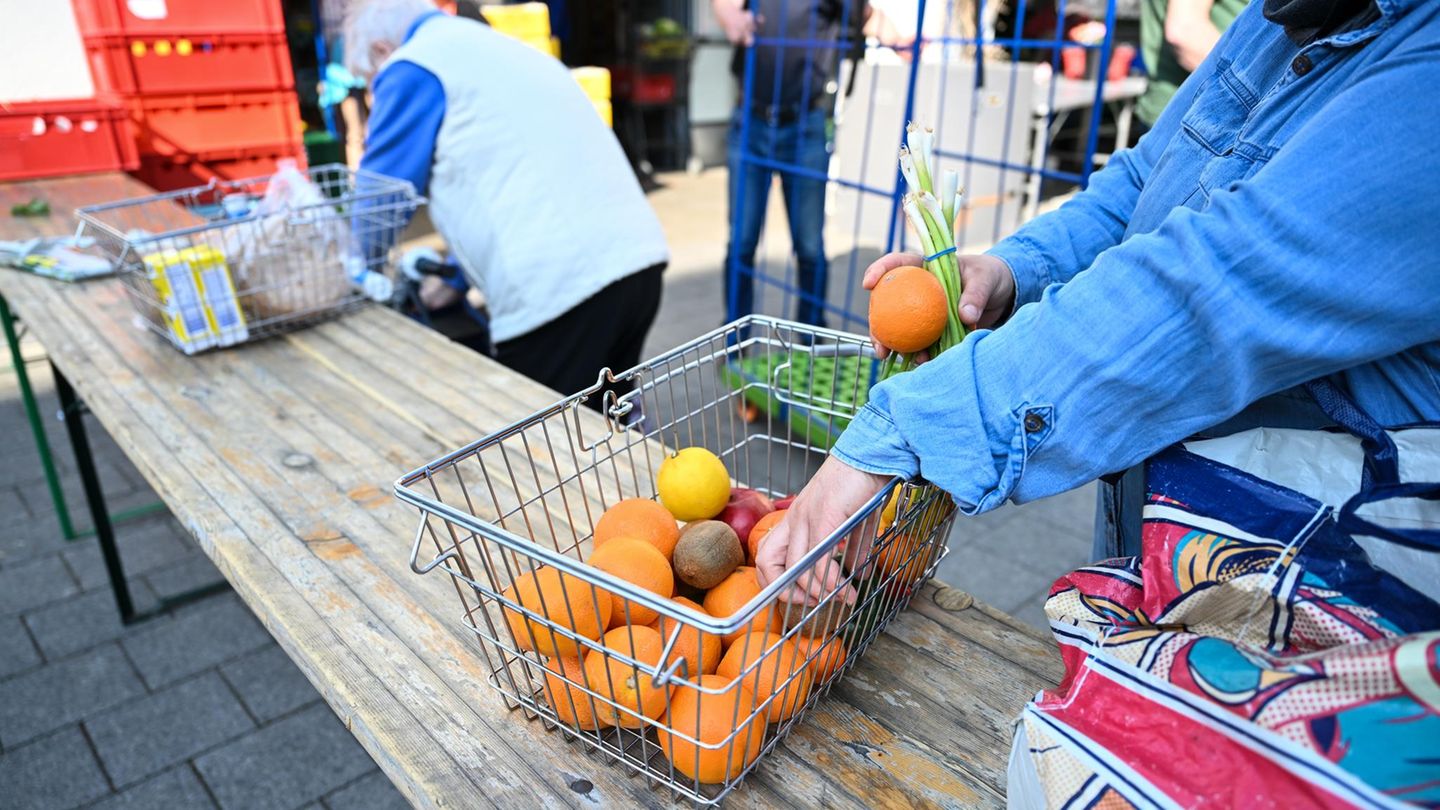Prices are rising, energy costs are exploding – and many people just can’t keep up. For many, the table is the last resort. Social organizations and numerous politicians do not want to accept that.
The German Social Association (SoVD) has called on the federal government to quickly introduce new relief in view of the gas levy that has been decided and the further increase in energy costs. “No more time should elapse,” said SoVD Vice President Ursula Engelen-Kefer of the “Neue Osnabrücker Zeitung”. “There are people in distress who go to work and take care of their families – the heart of the German welfare state.”
She makes it clear: “We cannot burden the vast majority of society with more and more burdens and at the same time leave them in the dark about how they will be supported.” So that there is no social unrest in the fall, it is “crucially important that the federal government quickly decides on relief that reaches the people directly.” She specifically proposes increasing the energy price flat rate of 300 euros and paying it out again in the coming year. “For this year, it should also be paid retrospectively to pensioners and students,” says Engelen-Kefer.
Exemptions to date are not sufficient
In addition, the standard rates for Hartz IV recipients “have to be raised to at least 650 euros”. People in Hartz IV need the security that their heating costs will be fully reimbursed. “Promises by Chancellor Olaf Scholz are only as good as they are translated into concrete aid.”
The chairwoman of the Greens parliamentary group, Katharina Dröge, spoke out in favor of starting a third relief package from the federal government at the same time as the gas levy in autumn: “Now we need another, targeted autumn relief package that will come into force in parallel with the gas levy.” , Dröge told the newspapers of the editorial network Germany (RND). “Especially people with small and medium incomes can hardly cope with the rising energy prices.”
rush to the boards
For the proposed third package of measures, Dröge brought direct payments and an increase in child benefit and citizen benefit into play. “We have to help people who have little money and need support,” said the Green politician.
The fact that this is necessary is shown by frightening figures from Lower Saxony: There, more than three times as many customers have now been counted at the food banks as before Corona. In Osnabrück, for example, food was distributed to around 4,300 needy people every month in 2019 – now there are 13,700. Additional volunteers had to be found to cope with the onslaught. Here, too, one would be happy about a far-reaching relief for people in the crisis.
Source: Stern
Jane Stock is a technology author, who has written for 24 Hours World. She writes about the latest in technology news and trends, and is always on the lookout for new and innovative ways to improve his audience’s experience.




